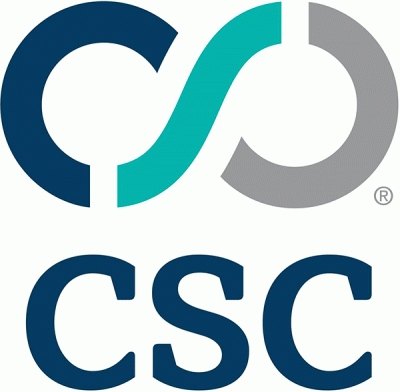


|
||
|
||

75% of lookalike domains are registered with unrelated third parties and target these companies.
We have just released our third annual Domain Security Report that found three out of four Forbes Global 2000 companies have not adopted key domain security measures—exposing them to high risk of security threats. These companies have implemented less than half of all domain security measures.
In addition, lookalike domains are targeting those companies as well—with 75% of homoglyph registrations being registered to unrelated third parties. That means many of the world’s largest brands contend with maliciously registered domains that look like their brands. The intent of these fake domain registrations is to leverage the trust placed on the targeted brand to launch phishing attacks or other forms of digital brand abuse or IP infringement that lead to revenue loss, traffic diversion, and a diminished brand reputation. Homoglyph domains are just some of the endless domain spoofing tactics and permutations that can be used by phishers and malicious third parties.
Additional key takeaways from CSC’s research include:
“This report shows that while some progress has been made, a majority of the companies listed in the Forbes Global 2000 are still overlooking full implementation of foundational domain security measures,” says Mark Calandra, president of CSC’s Digital Brand Services. “A focus on securing legitimate domains while monitoring for malicious domains in parallel needs to be a bigger priority for companies that are advocating for a Zero Trust model to stay protected and thwart cyber risk. Otherwise, companies are exposing themselves to significant enterprise risks that can impact their cyber security posture, data protection, intellectual property, supply chains, consumer safety, revenue, and reputation.”
CSC’s report also found that 82% of the third parties registering homoglyph domains are actively masking their identity. This demonstrates the attempt to hide their ownership, showing they may have some nefarious intentions. Additionally, 48% have MX records in 2022, compared to 43% in 2021. MX records can be used to send phishing emails or to intercept emails.
Sponsored byCSC

Sponsored byDNIB.com

Sponsored byWhoisXML API

Sponsored byVerisign

Sponsored byIPv4.Global

Sponsored byRadix

Sponsored byVerisign
